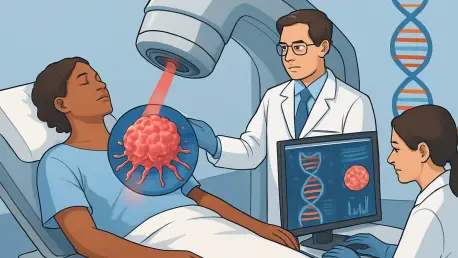
The alarming statistic that individuals with type 1 diabetes face a 4.29-fold increased risk of developing bladder cancer has sent ripples through the medical community, challenging long-held assumptions about the intersection of metabolic disorders and malignancies. With bladder cancer already

In a world where the global population is aging at an unprecedented rate, with projections estimating that nearly a quarter of humanity will be over 65 within the next two decades, the urgency to address age-related diseases like Alzheimer’s has never been more critical, posing immense challenges

In a world where cardiovascular diseases remain a leading cause of mortality, claiming millions of lives annually, a transformative shift is underway with the European Society of Cardiology (ESC) taking a bold step. The ESC has hosted its inaugural Digital & AI Summit in Berlin on November 21-22,

Diving into the complex world of radiation-induced brain injury (RIBI), we’re thrilled to speak with a leading expert in radiation oncology and neuroimaging. With years of experience in both clinical practice and cutting-edge research, our guest today has dedicated their career to understanding the

In an era where technology intersects with the most critical aspects of human life, the realm of medical artificial intelligence (AI) is experiencing a seismic shift, moving decisively from a fascination with visual sophistication to an unwavering commitment to reliability and precision in clinical

Imagine a world where cancer treatment is no longer a grueling, one-size-fits-all ordeal, but a finely tuned process designed specifically for each patient’s unique biology, marking a seismic shift from traditional approaches like chemotherapy and radiation that often cast a wide net with